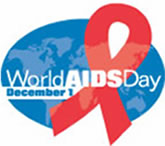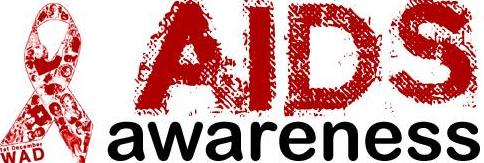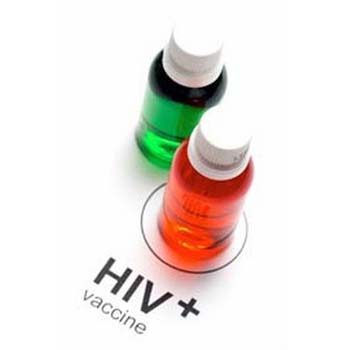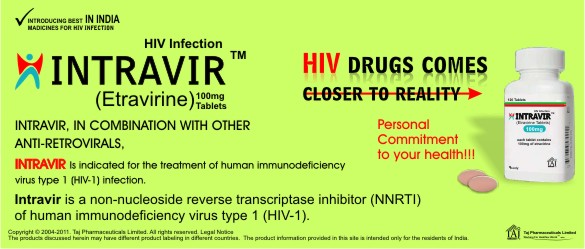Generic Medicines
Taj Pharma is the largest generic pharmaceutical company in India. We hold top positions in different established markets worldwide generics markets..


Intravir is a drug used for the treatment of HIV. Intravir is a non-nucleoside reverse transcriptase inhibitor (NNRTIs). Unlike the currently available agents in the class, resistance to other NNRTIs does not seem to confer resistance to Intravir.

Indications and dosage
Intravir, in combination with other anti-retrovirals, is indicated for the treatment of human immunodeficiency virus type 1 (HIV-1) infection in antiretroviral treatment-experienced adult patients, who have evidence of viral replication and HIV-1 strains resistant to a non-nucleoside reverse transcriptase inhibitor (NNRTI) and other antiretroviral agents.
The recommended dose of Intravir is 200 mg (two 100 mg tablets) taken twice daily following a meal. The type of food does not affect the exposure to Intravir.

General Information : Intravir is a non-nucleoside reverse transcriptase inhibitor (NNRTI) of human immunodeficiency virus type 1 (HIV-1). Reverse transcriptase a viral DNA polymerase enzyme that HIV needs to reproduce. Intravir blocks the enzymatic function of reverse transcriptase and prevents completion of synthesis of the double-stranded viral DNA ,thus preventing HIV from multiplying.
Intravir, in combination with other antiretroviral agents, is specifically indicated for the treatment of human immunodeficiency virus type 1 (HIV-1) infection in antiretroviral treatment-experienced adult patients, who have evidence of viral replication and HIV-1 strains resistant to a non-nucleoside reverse transcriptase inhibitor (NNRTI) and other antiretroviral agents.

Intravir is supplied as a tablet designed for oral administration. The recommended initial dose of the drug is 200 mg (two 100 mg tablets) taken twice daily following a meal. If a patient is unable to swallow a tablet whole, it may be dispersed in a glass of water.
Clinical Results
FDA approval of Intravir was based on pooled 24-week results of two ongoing, identical phase III trials. These randomized, double-blinded, placebo-controlled studies were dubbed DUET-1 (TMC125-C206) and DUET-2 (TMC125-C216). The trials were designed to evaluate the safety and antiretroviral activity of Intravir in combination with a background regimen (BR) as compared to placebo in combination with a BR. Randomization was stratified by the intended use of enfuvirtide (ENF) in the BR, previous use of darunavir/ritonavir (DRV/rtv), and screening viral load. All study subjects received DRV/rtv as part of their BR, and at least two other investigator-selected antiretroviral drugs (N[t]RTIs with or without ENF. The endpoint was virologic response, defined as undetectable viral load (< 50 HIV-1 RNA copies/mL) at 24 weeks. At Week 24, 74% of Intellence-treated subjects achieved HIV-1 RNA < 400 copies/mL as compared to 51.5% of placebo-treated subjects. The mean decrease in plasma HIV-1 RNA from baseline to Week 24 was -2.37 log10 copies/mL for Intravir-treated subjects and -1.68 log10 copies/mL for placebo-treated subjects. The mean CD4+ cell count increase from baseline for Intravir-treated subjects was 81 cells/mm3 and 64 cells/mm3 for placebo-treated subjects. Of the population who either re-used or did not use ENF, 56.7% of Intravir-treated subjects and 32.7% of placebo-treated subjects achieved HIV-1 RNA < 50 copies/mL. Of the study population using ENF for the first time, 68.6% of Intravir-treated subjects and 61.3% of placebo-treated subjects achieved HIV-1 RNA < 50 copies/mL.
Side Effects
Adverse events associated with the use of Intravir may include, but are not limited to, the following:
* Rash
* Diarrhea
* Nausea
* Fatigue
* Abdominal pain
* Peripheral neuropathy
* Hypertension
* Headache
Mechanism of Action
Intravir is a non-nucleoside reverse transcriptase inhibitor (NNRTI) of human immunodeficiency virus type 1 (HIV-1). Intravir binds directly to reverse transcriptase and blocks the RNA-dependent and DNA-dependent DNA polymerase activities by causing a disruption of the enzyme's catalytic site. Intravir does not inhibit the human DNA polymerases alpha, beta, and gamma.
Important Safety Information
Intravir does not cure HIV infection or AIDS, and does not prevent passing HIV to others.

* Severe skin rash has been reported with Intravir; Stevens-Johnson Syndrome has been rarely (<0.1 percent) reported. Treatment with Intravir should be discontinued if severe rash develops. In general, rash was mild to moderate, occurred primarily in the second week of therapy, and was infrequent after Week 4. Rash generally resolved within 1-2 weeks on continued therapy. Discontinuation rate due to rash was 2 percent.
* No dose adjustment is required in patients with mild or moderate hepatic impairment (Child-Pugh Class A or B). The pharmacokinetics of Intravir have not been studied in patients with severe hepatic impairment (Child-Pugh Class C). Therefore, Intravir should be used with caution in patients with severe hepatic impairment.
* Based upon the safety profile, no dose adjustment is necessary in patients co-infected with hepatitis B and/or C virus.
* Redistribution and/or accumulation of body fat have been observed in patients receiving. ARV therapy. The causal relationship, mechanism, and long-term consequences of these events have not been established.
* Immune reconstitution syndrome has been reported in patients treated with ARV therapy, including Intravir.
* The most frequently reported adverse events (>10 percent) of any intensity that occurred at a higher rate than placebo were rash (17 percent), diarrhoea (15 percent) and nausea (13.9 percent).
Presentation
Cadrol Tablets Blister of 10 Tablets
